China on Sunday offered to support Afghanistan's disaster relief efforts after a magnitude-6.2 earthquake struck Herat province in western Afghanistan on Saturday, causing more than 2,000 fatalities and close to 10,000 injuries.
Chinese analysts called on the international community to assist the Afghan people to prevent a more serious humanitarian crisis in the war-torn country.
The death toll stands at 2,053 people, with 9,240 injured and 1,320 houses damaged or destroyed due to the powerful quake, which struck around 11 am local time on Saturday, Reuters reported. There have been at least three strong aftershocks. Janan Sayeeq, a spokesperson for the Ministry of Disasters of the Taliban government was cited by media as saying that 10 rescue teams were in the area, which borders Iran.
"We deeply mourn for the victims and offer our sincere sympathies to the injured and the families who have lost loved ones. We believe that the people of Afghanistan will overcome the impact of the disaster and rebuild their homes at an early date. We will do our best to assist in Afghanistan's disaster-relief efforts in light of its needs," the Chinese Foreign Ministry said in a press release on Sunday.
No Chinese nationals were affected by the earthquakes, according to the release.
The spokesman for the Chinese International Development Cooperation Agency, Xu Wei, said Sunday that we extend our condolences for the severe casualties and property losses caused by the earthquake in Afghanistan, and we are willing to provide emergency humanitarian assistance according to the needs of the affected people.
Due to the inadequate resistance to earthquakes of buildings, especially in urban areas of Afghanistan, and the difficulties of rescue, the death toll may increase in the coming days. The recent earthquakes may worsen the humanitarian catastrophe and delay Afghanistan's economic recovery because the country has not yet recovered from last year's earthquakes and previous crises, Zhu Yongbiao, director of the Center for Afghanistan Studies at Lanzhou University, told the Global Times.
The Taliban government may also have obstacles in receiving international assistance due to the lack of ties with many nations. What's worse is that other global crises, such as the Israel-Gaza conflict and the Russia-Ukraine crisis, may deflect attention, making it more challenging for the people of Afghanistan to get additional aid, said Zhu, calling for the international community to pay more attention to the Afghan people and help with the humanitarian assistance in the country.
According to information from the UN, humanitarian partners have initiated relief efforts, deploying medical and trauma support to regional hospitals alongside emergency shelter, food, supplies, and assistance to people in affected areas.
















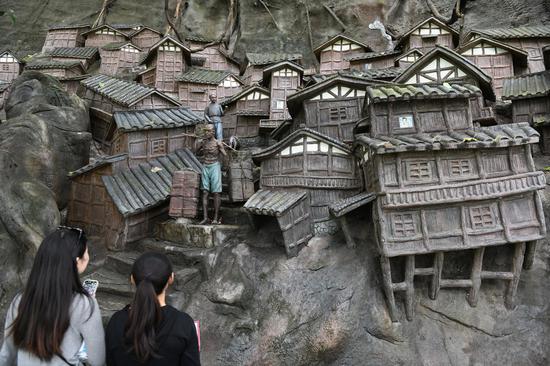
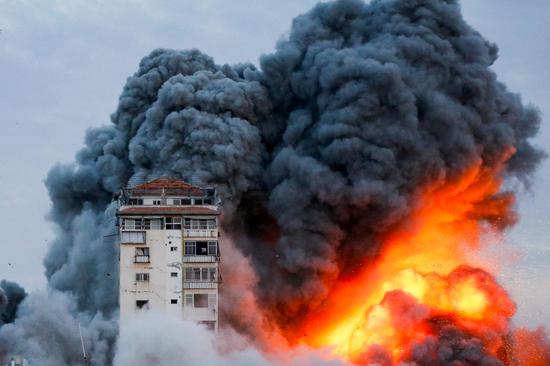











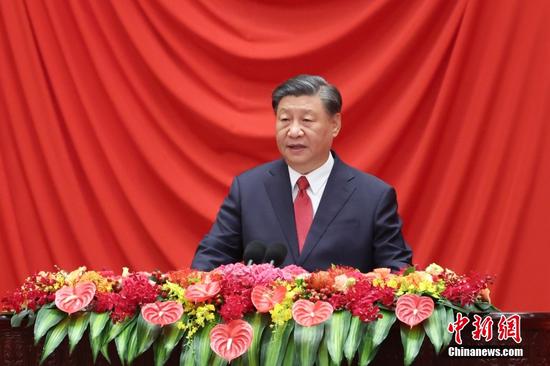


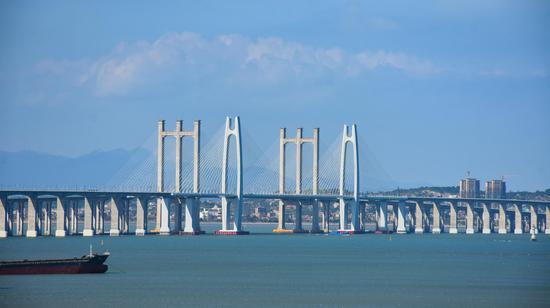





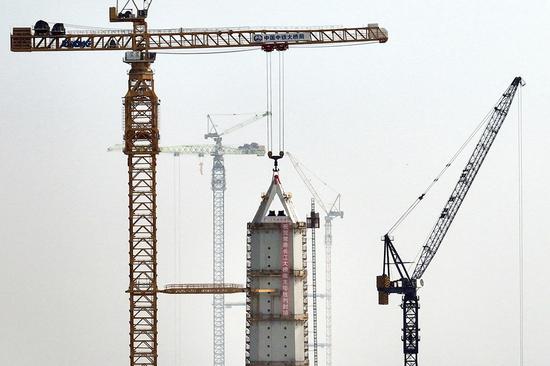
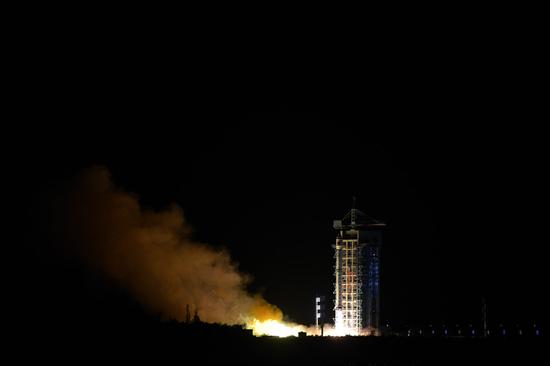










 京公网安备 11010202009201号
京公网安备 11010202009201号